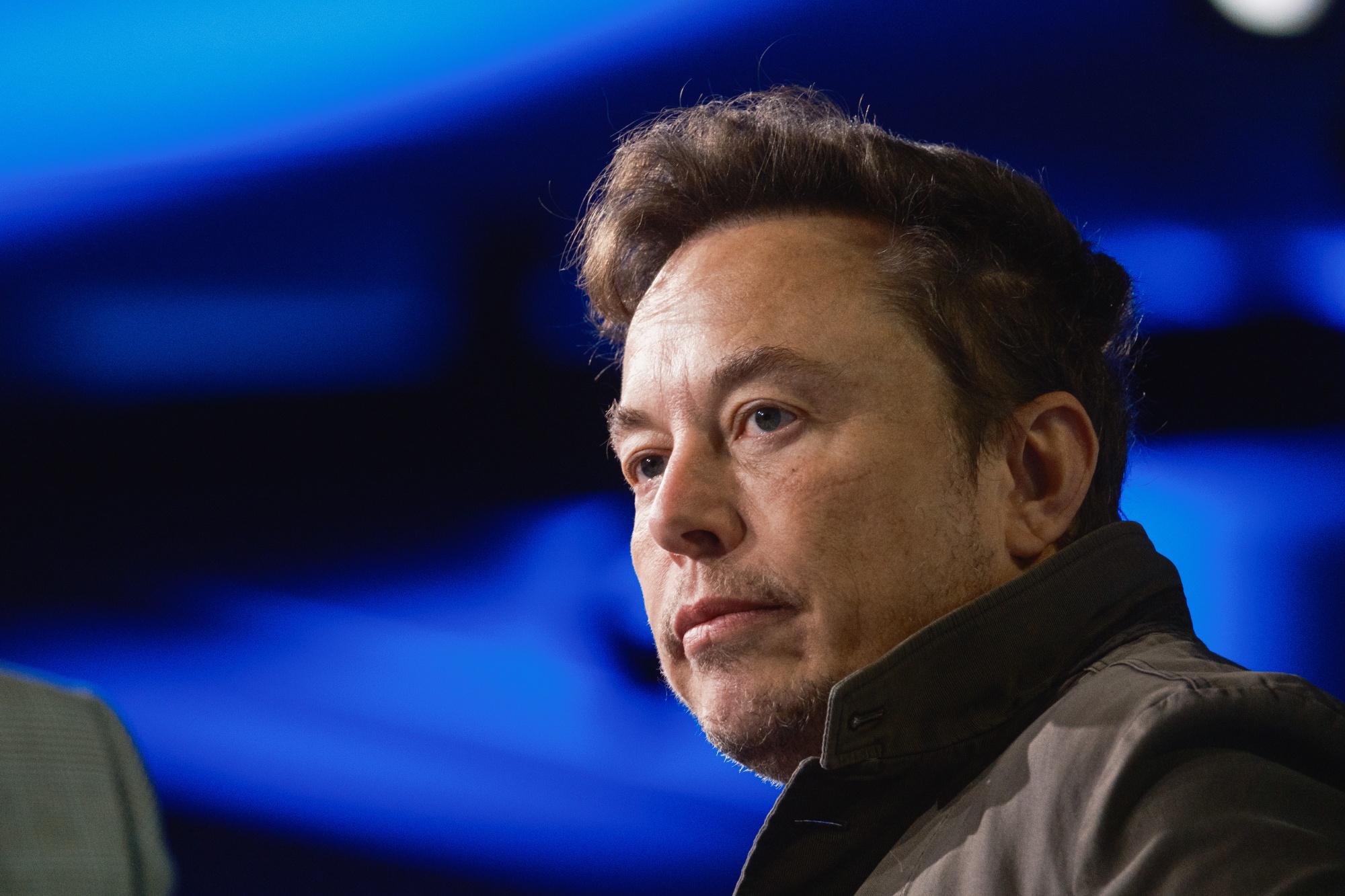In a move that has rippled through the corporate world, Elon Musk announced the relocation of SpaceX from Delaware to Texas, following a Delaware judge’s decision to void his $55 billion Tesla compensation package. This announcement came with a stark warning from Elon Musk himself, urging companies to reconsider their incorporation in Delaware.
However, experts and legal scholars argue that this incident is unlikely to trigger a widespread migration of corporations away from the business-friendly state.

SpaceX: The Unwavering Appeal of Delaware for Businesses
Despite Elon Musk’s fervent disapproval, Delaware remains the cornerstone for corporate incorporations in the United States. With over 68% of Fortune 500 companies and 79% of U.S. IPOs registered there in 2022, the state’s allure is undeniable.
Known for its low-tax environment and a legal landscape that offers predictability through an extensive history of case law, Delaware has long been the preferred home for businesses seeking a stable jurisdiction.
Lawrence Cunningham, a noted authority on corporate governance, reflected on Elon Musk’s criticisms by stating, “There will be neither a stampede nor a trickle,” highlighting the state’s enduring attractiveness to corporations. Despite individual grievances, the overall consensus leans heavily towards Delaware’s continued dominance as a corporate haven.
Elon Musk vs. McCormick: A Legal Tug-of-War
At the heart of Musk’s recent spat with Delaware is his clash with Judge Kathleen McCormick, who presided over the case that led to the voiding of his Tesla pay package. Musk’s discontent with McCormick is palpable, as he took to social media to label her an “activist and politician.”
However, legal experts have come to McCormick’s defense, praising her for her fair and rigorous approach to corporate law. Lauren Pringle, editor of the Chancery Daily, commends McCormick for not being “star-struck” by Elon Musk’s celebrity, instead focusing on the legal merits of the cases before her.
Elon Musk says never incorporate in liberal Delaware, urges you to move if there. See: https://t.co/NpkAVS95jb pic.twitter.com/EaIfjYUNuH
— NEWSMAX (@NEWSMAX) February 15, 2024
This isn’t Elon Musk’s first legal entanglement in Delaware nor his first encounter with McCormick. The billionaire had previously been thwarted by the judge during his attempt to retract his $44 billion bid for Twitter in 2022. Despite Musk’s criticisms, the legal community respects McCormick’s judiciousness and her adherence to precedent, qualities that have solidified her reputation as a steadfast jurist.
No Mass Exodus in Sight
The broader implications of Elon Musk’s departure from Delaware and his calls for other corporations to follow suit seem to be minimal at best. Michal Barzuza and John Coates, professors at the University of Virginia and Harvard respectively, agree that a significant migration from Delaware is unlikely.
The state’s established legal framework provides a level of security and predictability that is highly valued by corporations and their legal counsel. As Barzuza notes, “Uncharted waters are not lawyers’ favorite places to swim,” emphasizing the reluctance of companies to venture into jurisdictions with less developed case law.

Despite periodic frustrations expressed by executives over the years, Delaware’s position as a corporate stronghold has remained largely unchallenged. The state’s ability to enforce the law, even at the expense of irking a few high-profile figures, has contributed to its reputation as a reliable and favorable environment for business.
The Lone Crusader Against a Corporate Bastion
Elon Musk’s recent actions and declarations against Delaware have certainly stirred discussions within corporate circles. Yet, the likelihood of his crusade inciting a broader corporate exodus from Delaware is slim.
The state’s established legal and business-friendly credentials continue to hold sway over the decisions of corporate America. While Musk’s journey might lead him away from Delaware, for the vast majority of companies, the state remains the jurisdiction of choice, a testament to its enduring appeal in the complex tapestry of American corporate law.










